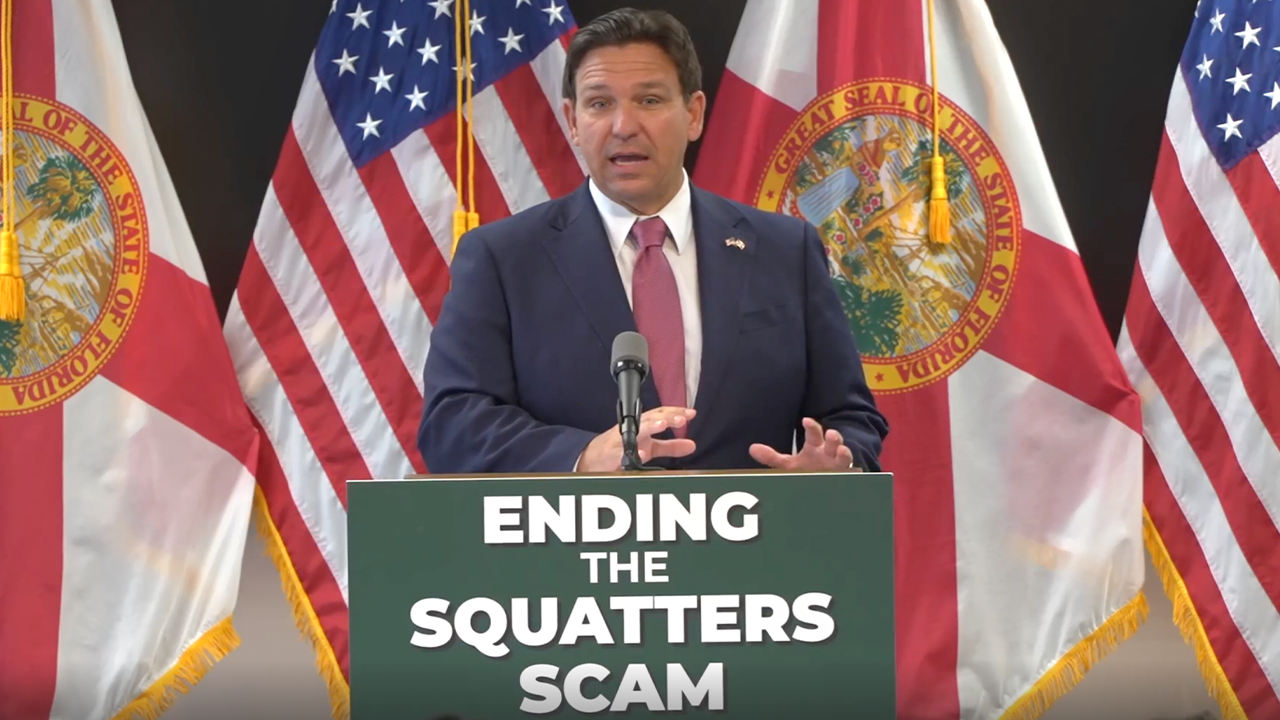Many interpreted Harvey Weinstein’s conviction and sentencing in 2020 as a painfully overdue moment of reckoning for powerful, sexually abusive men like Mr. Weinstein. As the district attorney who brought the charges against Mr. Weinstein, I certainly felt so.
That is why I was surprised and troubled when New York’s highest state court, the Court of Appeals, recently reversed Mr. Weinstein’s convictions on two grounds. The first ground was that the trial judge erred by allowing the prosecution to introduce testimony from three women Mr. Weinstein had allegedly sexually assaulted but were not part of the indictment, or so-called Molineux evidence. The other ground was that the judge also erred in giving the prosecution permission, if Mr. Weinstein testified (he did not), to cross-examine him on an overly broad range of “bad acts.”
I was not naïve about the challenges in bringing a winnable and legally sustainable case against Mr. Weinstein. I had been a criminal defense attorney for more than 20 years before I was elected Manhattan district attorney. I knew that appeals follow convictions like night follows day, and until the last appeal is heard, the game is not over.
The appeals court decision surprised me because I had been to the trial and witnessed the honesty, raw pain and power of the survivors’ testimonies on the witness stand. It troubled me because with no deference provided to the lower court, the Court of Appeals, in a 4-to-3 decision, had reversed a lengthy, objectively thoughtful, well considered and, importantly, unanimous opinion by a panel of the distinguished intermediate appeals court that sustained every single aspect of the jury’s verdict and evidentiary rulings by the trial judge at the Weinstein trial. That’s rare.
Perhaps the opinion and last word from the Court of Appeals reveals more about the internal politics of New York’s highest court than about providing clear guidance on the legal distinction between rape and consensual sex, or giving clear guidance on what evidence can be admitted distinguishing between the two.
How do we in New York reconcile the decisions of law by members of our highest court that seem disconnected with the factual realities around rape and power differentials that lead to sexual abuse in the workplace? After this Weinstein decision, how do we give faith to victims that the system can work to hold sexual abusers like Weinstein accountable? The answer lies not in the Court of Appeals, but in the legislature.
In California, state law allows the admission of allegations of sexual offenses not listed in the indictment. Specifically, in sex crime cases, in accordance with the California Evidence Code, prosecutors have a right by statute to introduce evidence of a defendant’s past but uncharged sexual misconduct, calling in witnesses whose accusations are directly relevant to, but are not part of, the indictment against the defendant. And it is only Mr. Weinstein’s subsequent conviction in California on one count of rape and two counts of sexual assault that keeps him in jail today. Federal Rules of Evidence 404(b) provides the same for trials in federal court across the country.
Two New York lawmakers have introduced bills in the State Legislature that could allow evidence of a prior sexual assault to be admissible in court. Statutory authority eats common law authority for lunch every day. In Mr. Weinstein’s case, without a basis in New York state law like the one provided in California that addresses admissibility of uncharged bad acts, a conviction was always vulnerable to a discretionary decision by the Court of Appeals in the future. That vulnerability will always be there for sex crime cases unless we pass a law that lays out the legal standard for admissibility of uncharged crimes in all courts, for all cases.
In my reading of the New York case, there is no doubt that Mr. Weinstein was, in fact, a serial sexual abuser. No doubt that he used the power of his celebrity and industry prestige and physically aggressive tactics to overbear the will of innumerable women and forcibly assault them sexually. No question that before trial, when the protective dam Mr. Weinstein had created made up of his lawyers, investigators and nondisclosure agreements was finally breached in the fall of 2017, his only defense would be that the women were making it up; that these were all consensual, sexual encounters; that he, in fact, was the victim because the women were using him to advance their careers.
The dissenting judges, represented most forcefully by Judge Madeline Singas, a former elected district attorney from Nassau County, looked at the same facts as the majority and admissibility under Molineux, but they did so through a modern lens and understood the reality accepted by sexual assault experts that the majority refused to acknowledge. In the contemporary understanding of sexual assault cases involving “acquaintance rape,” it is often relevant and necessary to introduce testimony of other survivors who experienced the same behavior to rebut the defense that the sex was consensual — or, quoting from an earlier opinion by the Court of Appeals involving a Molineux analysis, a “repetition, duplication and similarity of defendant’s acts” that has “a direct bearing on the question of premeditated intent.” The defense at trial capitalized on what Judge Singas called “rape myths, and rape culture at large, asking the jury to believe that, despite their words and actions, the victims were consenting.”
The Court of Appeals decision does not change the law under Molineux. But in cases of sexual violence, going forward — absent legislation like California’s or that proposed now but not yet passed in New York — it will tend to prevent relevant and important evidence of uncharged criminal acts to be admitted in acquaintance rape cases. Such evidence could give the jury, with appropriate limiting instructions by the trial judge, a more fair, complete and balanced understanding of a defendant’s motive and intent. In New York at least, it is likely that prosecutors will be less inclined to investigate and prosecute the most challenging cases, like Mr. Weinstein’s.
After the Weinstein guilty verdicts came down in 2020, I met in my office with the survivors who had testified. I was overwhelmed by the courage of these strong women, who agreed to tell their stories under oath and subject themselves to cross-examination in court and attack outside of it by the Weinstein media and investigation team.
Until our Legislature acts, the Court of Appeals’ decision in the Weinstein case is a loss for New York State, for prosecutors who want to bring these difficult cases and for the survivors who may be even less inclined to testify in court. As Judge Singas said, “New York’s women deserve better.” I agree.
Cyrus Vance was the Manhattan district attorney from 2010 to 2022 and prosecuted Harvey Weinstein in 2020. He is a partner at Baker McKenzie.
The Times is committed to publishing a diversity of letters to the editor. We’d like to hear what you think about this or any of our articles. Here are some tips. And here’s our email: letters@nytimes.com.
Follow the New York Times Opinion section on Facebook, Instagram, TikTok, WhatsApp, X and Threads.






